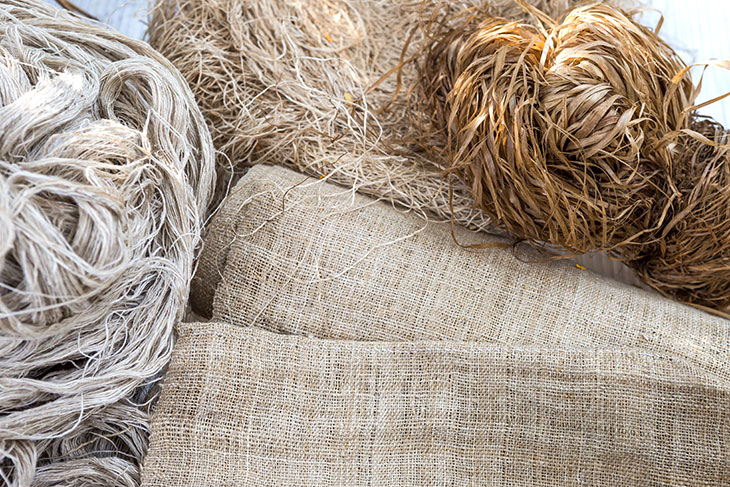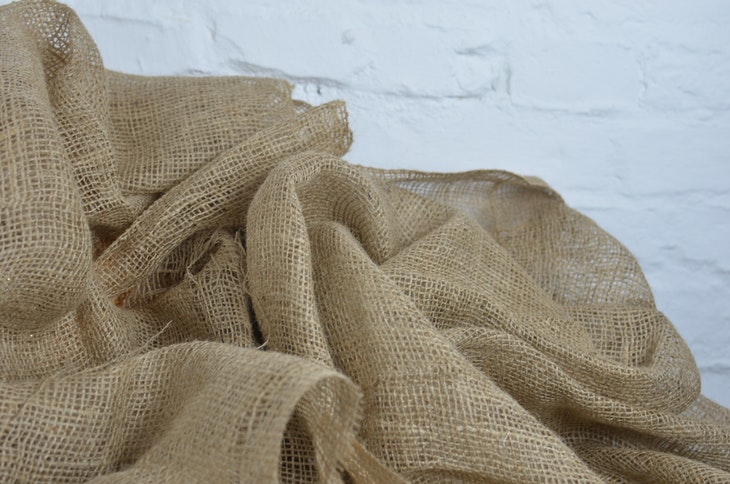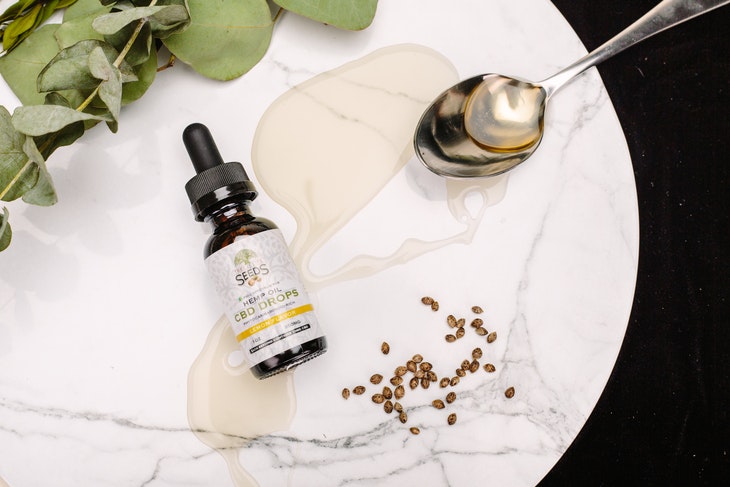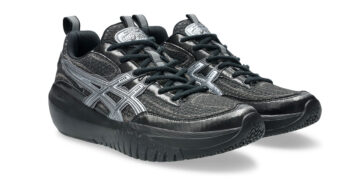
The world of fabrics is constantly changing. With brands launching new materials each season, it can be difficult to decide which fabric to pick. When it comes to sustainability and planetary impact, hemp is one of the most eco-friendly fibers you can use.
SUSTAINABLE FASHION
The fashion industry is one of the most polluting industries in the world. Fabric choice directly affects the raw material sourcing (farming and petroleum drilling impact), material processing (chemicals needed to turn it into fiber), and end-of-life prospects (ways a garment can be disposed). There is a cost behind each dress, pair of jeans, shirt, and sock that goes unnoticed by most people: the cost to the environment.
In the past decade, synthetic fibres are being declared public enemy number one and the fashion industry started steering toward natural fabrics such as cotton or bamboo (which are not the perfect solution). Of all the sustainable fabrics available on the market, hemp is one of the most eco-friendly choices.
Read more after the jump:

What Is Hemp Fabric?
Hemp fabric is a type of textile that is made from the fibres in the herbaceous plant of the species cannabis sativa. This plant was famous for its durable textile fibers for millennia. In fact materials made from hemp were discovered in tombs dating back to 8,000 BC. It was used in varieties of applications in early civilizations in Asia, Middle East and China, for making paper, rope, ships rigged, canvas, sailcloth, sacks and many more.
Because of the psychoactive substances it contains, it’s recently made it harder for farmers to produce this crop. However, female Cannabis sativa plants have been bred for textile purposes and it has a very low THC level. Cannabis sativa is a high-yield crop that produces significantly more fibre per acre than either cotton or flax.
How it’s Made?
Hemp fabric is made out of the stalks of the hemp plant. It consists of two layers. The outer layer is formed from rope-like bast fibers and it is used for textile purposes. The inner layer consists of a woody pith and it’s used for fuel, building materials, and animal bedding.
The outer layer is being stripped from the hemp plant, and then processed and made into rope or yarn. This rope can be so strong that it was used for rigging and sails. It’s also known as an excellent material for clothing that surpasses cotton and synthetic textiles.

Sustainability
70% of the environmental impact of your clothes is in their materials. According to the Textile Exchange, in terms of sustainability, organic hemp is one of the most sustainable fibers you can use.
- Less Water – It takes 10,000 litres of water to create 1 kg of cotton, while hemp requires only around half.
- Zero Chemicals – Hemp requires no herbicides or pesticides and its dense canopy eliminates weeds.
- Zero Waste – Every single part of the hemp plant can be used by humans.
- It Takes Less Space – Hemp needs much less land to produce the same amount of fibre as other plants.
- Fast Growing – It grows extremely quickly averaging only 100 days from planting to harvest.
- Soil Health – Hemp returns 60-70% of the nutrients it takes back into the soil.
- Carbon Positive – It traps 230% more carbon per year than fast-growing Eucalypt trees.
When buying hemp clothes, make sure it is: certified organic, dew retted (better than water or chemical retting), naturally colored (adding artificial color can have harmful environmental impacts).
Benefits
Hemp is known as one of the versatile and durable natural fibers. Is has a very similar texture to cotton, and feels like canvas. It doesn’t shrink, and it is highly resistant to pilling. The fabric is very soft, and also highly durable. Hemp fabric is almost three times stronger than cotton fabric. While a typical cotton T-shirt can last for 10 years at the most, a hemp T-shirt may last double or triple that time. Hemp also possesses anti-bacterial properties.
If you have questions about how to get a medical marijuana card or want to learn more, visit sites like Veriheal or talk to a licensed medical marijuana physician in your state.



















